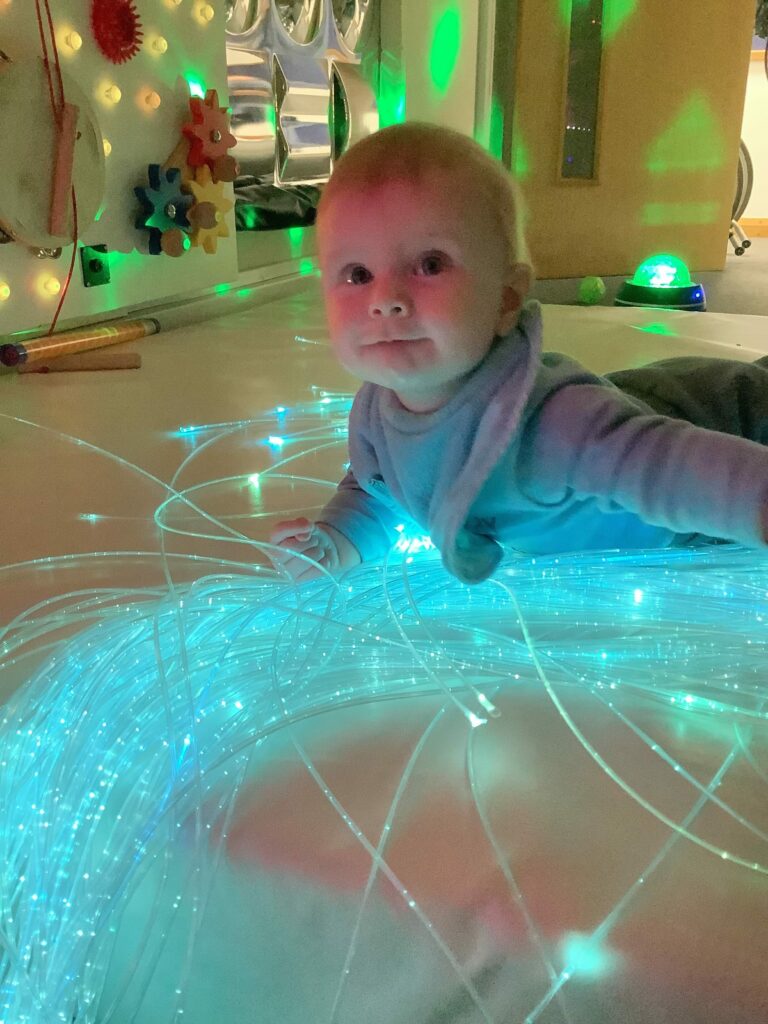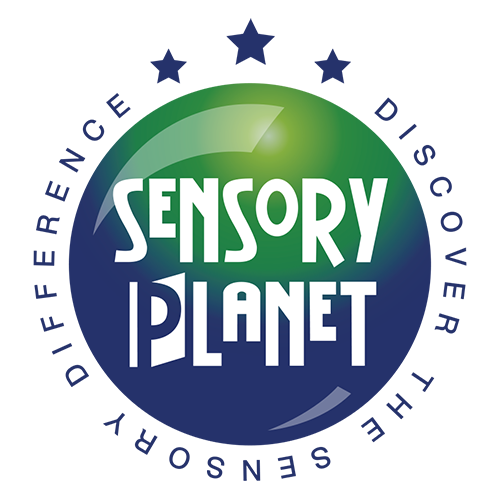Sensory Development of Children

Sensory development relates to the ways in which people grow, change and develop; not only in a physical sense, but also socially, emotionally, cognitively and communicatively. Such development begins even before we are born and might never be greater than in the first few years of life. Having said that, it should be recognised that everybody develops at different rates, with physical and mental conditions limiting sensory development in many cases.
Conditions that are known to affect sensory development include:
- Learning disabilities
- Autistic Spectrum Disorder
- Cerebral Palsy
- Sensory integration difficulties.
While such conditions must be taken into account, there are milestones, which most children are expected to reach at specific ages. Widely recognised by scientists and educators, these milestones are helpful reference points for parents and carers. Delays or issues in the development of such senses might indicate the need for additional support.
These four brain boosting experiences are known to positively impact the reaching of the milestones:
- The nurturing of a responsive parent or care-giver
- Rich language and communication with guiding adults
- The promotion of learning through play
- Good nutrition.
Essential Aspects of Development
Here at the Sensory Planet, we focus on the development of visual (watching and seeing), auditory (listening and hearing), kinesthetic (physical activity or body movement), and tactile (touch) senses. Each is known to be of vital importance to the achievement of developmental outcomes throughout life. They can impact on everything from the chances of achieving top A-level grades to getting married and enjoying life-long health.
Let’s take a look at the milestones which children can be expected to have reached during the first five stages of development.
Infant (0-1 year old)
Visual:
- Making eye contact
- Following lights, faces and objects with the eyes
- Developing full vision (at between 10 and 12 months)
Auditory
- Noticing music
- Turning in your direction when you speak
- Listening to your voice, even if you can’t be seen
Kinesthetic
- Moving objects to the mouth
- Using hands to play with the feet
- Rolling from the tummy to the back
Tactile
- Picking up small objects
- Stacking and moving toys into containers
- Enjoying a range of movements
Toddlers (1-3 years old)
Visual:
- Matching sizes and shapes
- Recognising themselves in the mirror
- Understanding object permanence (the knowledge that objects might still exist, even though they can’t be seen or heard)
Auditory:
- Listening and responding to questions with increasing confidence
- Enjoying stories
- Coming to a better understanding of two-part requests
Kinesthetic:
- Standing and walking with more confidence
- Recognising and avoiding obstacles
- Jumping and hopping on one leg (at age 2-3)
Tactile:
- Turning the pages of a book and making marks on a page
- Holding objects with a good level of stability
- Enjoying messy play
Preschoolers (3-5yrs)
Visual:
- Maintaining visual concentration for up to 3 minutes
- Matching colours
Auditory:
- Taking turns and sharing with other children
- Knowing the meanings of words such as ‘bigger’ and ‘quicker’
- Showing understanding of other people’s feelings
Kinesthetic:
- Dressing, eating, and washing with greater independence
- Being able to climb stairs and run
Tactile:
- Using hands with more accuracy
- Developing fine motor skills through activities such as drawing and crafts
- Developing gross motor skills including ball control and balance.
These milestones should only be seen as a general guide, with each child developing in their own time. However, if you are at all concerned then it would be worth keeping notes about the achievement of the milestones and talking to your GP or health advisor about any concerns.
Child-centered Sensory Experiences
You can also count on the support of the Sensory Planet team. Taking the time to learn about the needs of every child, we enable sensory development in the Galactic Ultraviolet and Luna Interactive rooms. Designed with high-quality ROMPA equipment, these rooms come alive with different shapes, sounds, colours and lights. Whether quiet and relaxing or loud and energetic, we can cater for your child’s needs.
To book your own child-centred sensory experience at Sensory Planet click here
